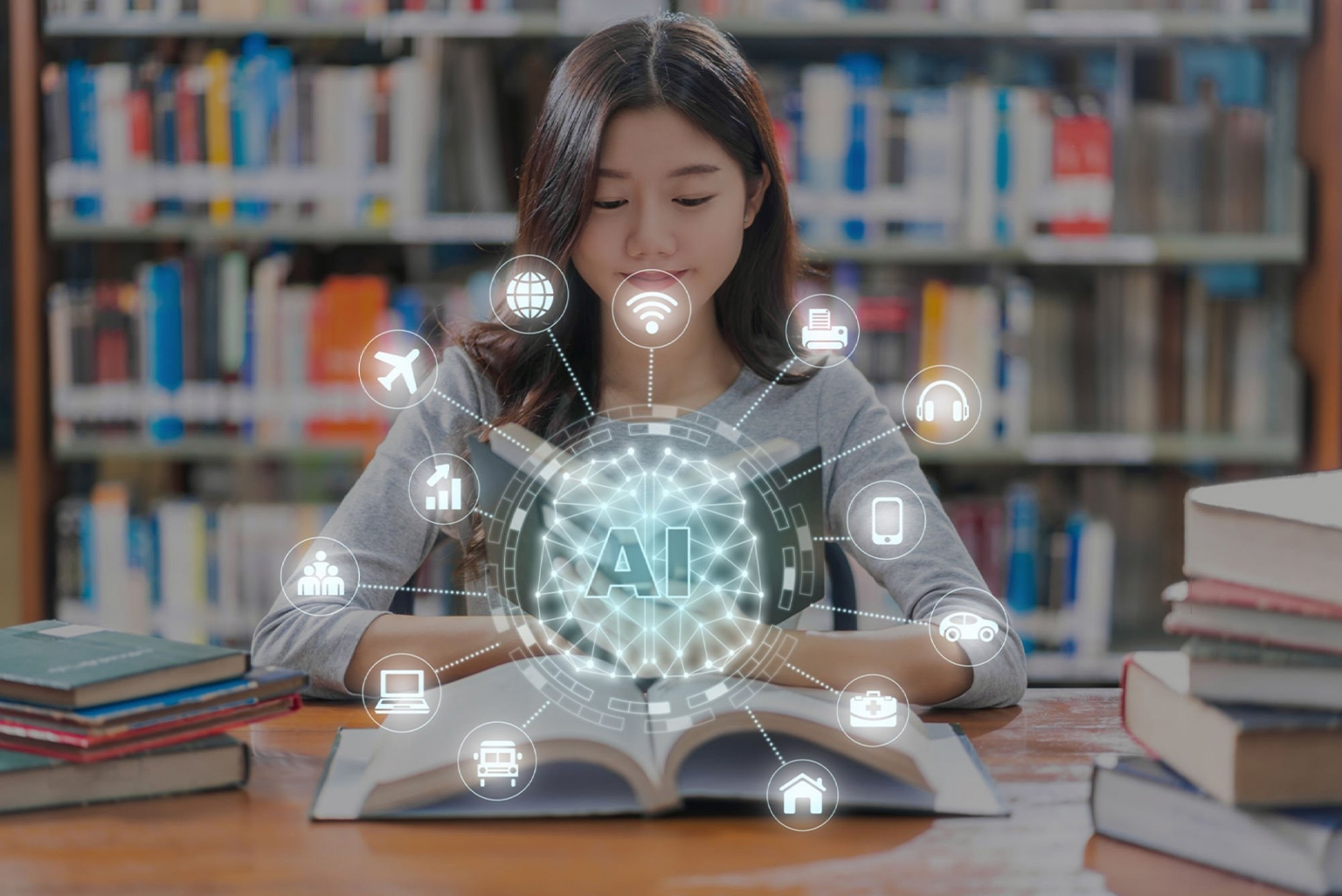Artificial Intelligence (AI) is transforming the world we live in, from how we work to how we interact with technology. As a student, having a solid understanding of AI trends and technologies is essential to stay ahead in a rapidly evolving job market. In this article, we will explore some of the most prominent AI trends and technologies that every student should be aware of. Let’s dive into the exciting world of AI and discover the possibilities it holds for your future.
Machine learning lies at the heart of AI. It is a technique that allows computers to learn from data and improve their performance without being explicitly programmed. Students should familiarise themselves with concepts like supervised learning, unsupervised learning, and reinforcement learning. Understanding machine learning algorithms and frameworks such as neural networks, decision trees, and support vector machines will provide a strong foundation in AI.
NLP enables computers to understand and process human language. Students should explore the advancements in NLP, including sentiment analysis, text summarisation, and question-answering systems. Familiarity with NLP libraries such as NLTK and spaCy, as well as pre-trained language models like BERT and GPT, can open doors to exciting opportunities in AI-driven language processing applications.
Computer vision focuses on enabling machines to interpret and understand visual information. Students should explore the concepts of object detection, image classification, and image segmentation. Understanding computer vision techniques and frameworks like OpenCV and TensorFlow can lead to careers in fields such as autonomous vehicles, surveillance systems, and medical imaging.
Deep learning is a subset of machine learning that leverages artificial neural networks to solve complex problems. Students should familiarise themselves with deep learning architectures like convolutional neural networks (CNNs) and recurrent neural networks (RNNs). Gaining practical experience with deep learning frameworks like TensorFlow and PyTorch will be valuable in tackling AI challenges across various domains.
As AI becomes more pervasive, understanding the ethical implications of AI technologies is crucial. Students should explore topics such as bias, fairness, transparency, and accountability in AI systems. Being aware of ethical frameworks and guidelines can help ensure responsible AI development and deployment, promoting trust and mitigating potential risks.
AI is making significant impacts in various industry sectors. Students should explore how AI is revolutionising fields such as healthcare, finance, retail, and transportation. Understanding AI applications in these domains, such as medical diagnosis, fraud detection, personalised recommendations, and autonomous vehicles, can inspire students to pursue AI careers in specific industries.
AI and data science are closely intertwined. Students should recognise the synergy between these two fields and the importance of data in AI applications. Learning data science techniques, including data preprocessing, feature engineering, and exploratory data analysis, will complement AI knowledge and provide a comprehensive skill set.
As an AI-driven future beckons, students must equip themselves with knowledge of the latest AI trends and technologies. By staying abreast of machine learning, natural language processing, computer vision, deep learning, ethics, industry applications, and data science integration, students can position themselves for success in the AI-powered world that awaits them.




